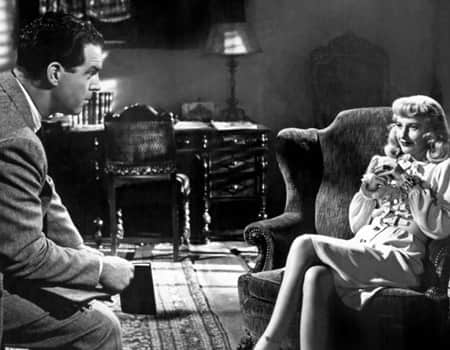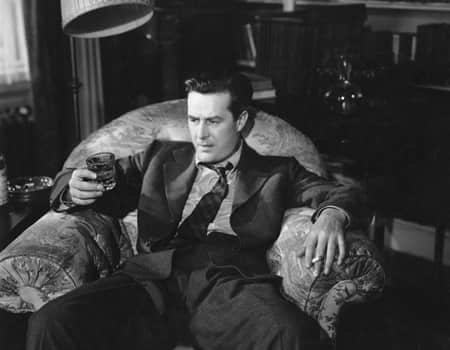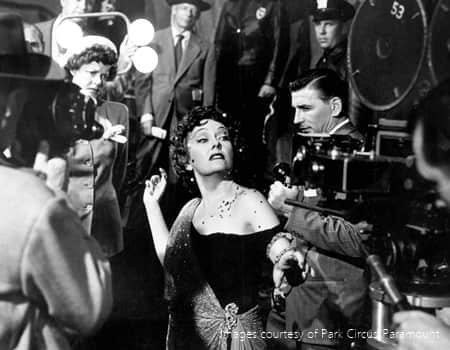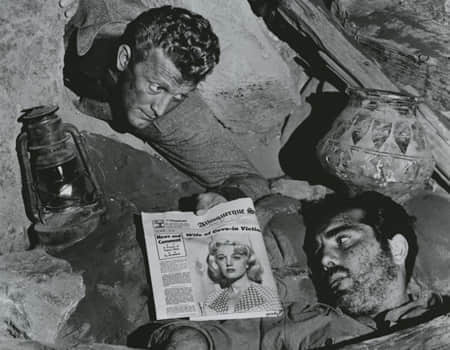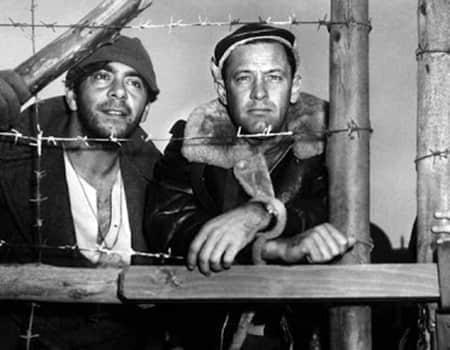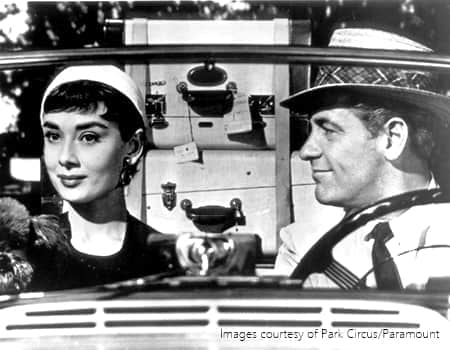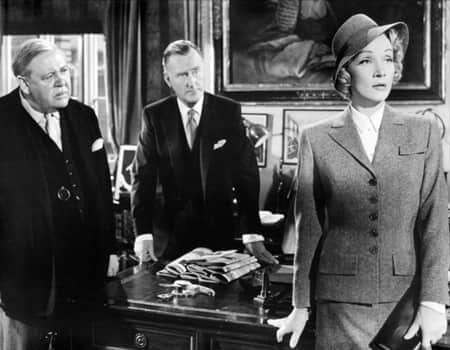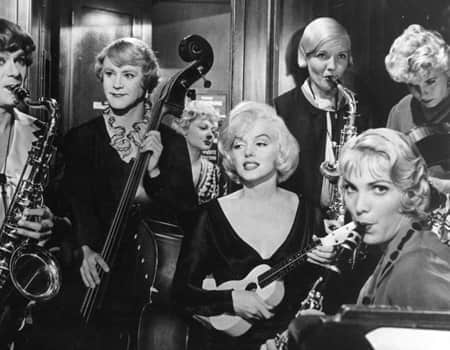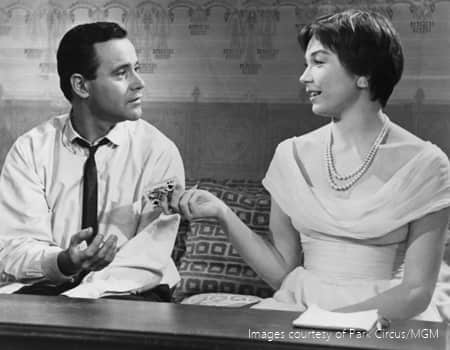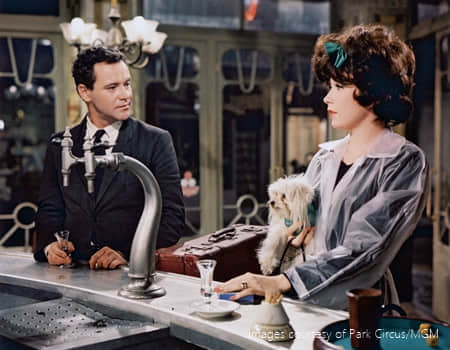Programme
The Witty Raconteur, Billy Wilder
When Spanish director Fernando Trueba won the Best Foreign Language Film Oscar in 1993 for Belle Époque, he said in his acceptance speech, “I would like to believe in God in order to thank him. But I just believe in Billy Wilder.” With 21 Oscar nominations over an illustrious filmmaking career that spanned five decades, Billy Wilder (1906-2002) has been a major influence for generations of aspiring filmmakers who want to inherit his immense talent for storytelling and directing actors.
Eschewing a distinctive visual style for tightly crafted stories and strong characters, Wilder was a master storyteller with phenomenal versatility. He pioneered the film noir genre with Double Indemnity (1944), but he also charmed audiences with refined romantic comedies like Sabrina (1954) and tickled them silly with hilarious farces like Some Like It Hot (1959) and Irma La Douce (1963).
Working under the Motion Picture Production Code censorship system for most of his career, Wilder also pushed the envelope and challenged taboos. The Lost Weekend (1945) was the first major American film to tackle alcoholism, considered a sensitive topic under the code. Double Indemnity and The Apartment (1960) also attracted controversy for their depictions of adultery. Some Like It Hot was even released without a Production Code seal of approval because of its sexual humour.
No introduction of Billy Wilder’s career would be complete without mentioning his actors. Known for his ability to change scripts to suit his actors’ strengths, Wilder directed 14 different actors in Oscarnominated performances, including Hollywood legends like Barbara Stanwyck, William Holden and Jack Lemmon, who starred in seven of Wilder’s films.

